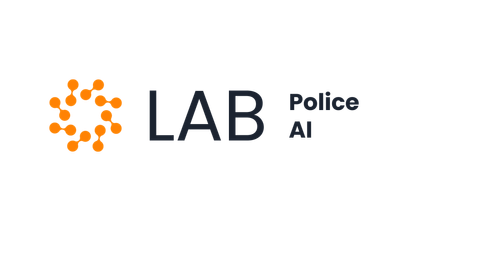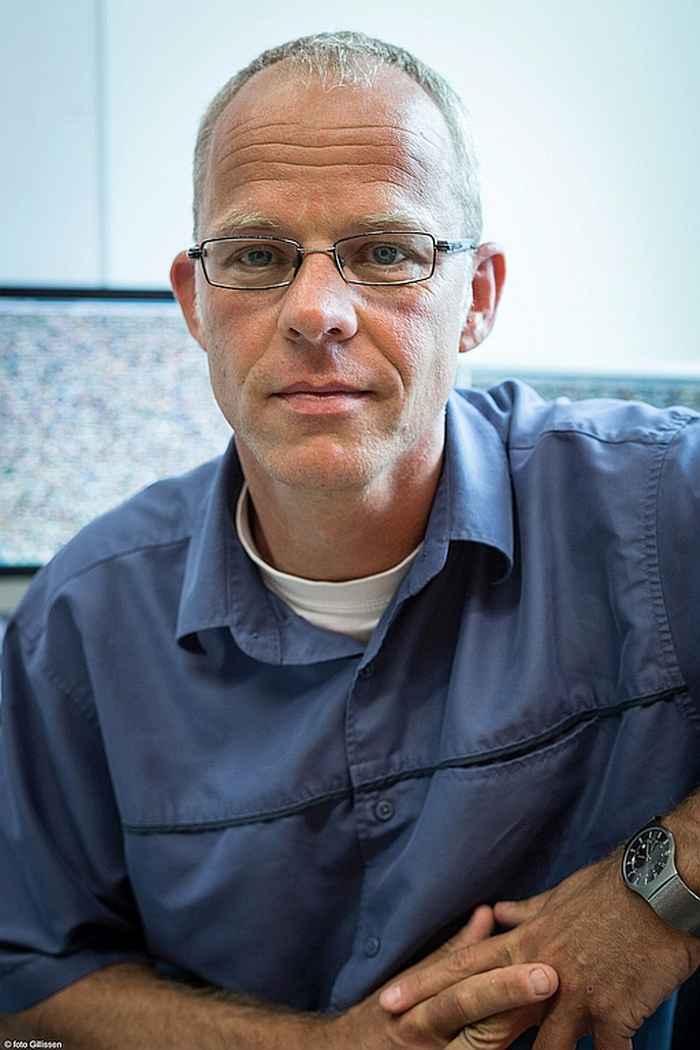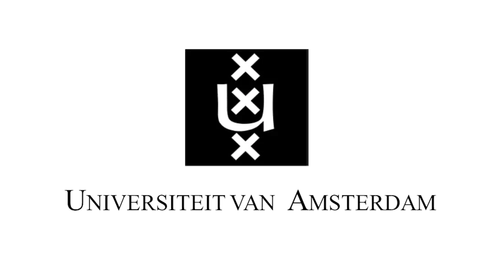The National Police Lab AI is a collaborative initiative of the Dutch Police, Utrecht University, and Delft University of Technology. The University of Amsterdam was a partner until September 2024, but the lab now operates independently. The lab aims to develop state-of-the-art AI techniques to improve safety in the Netherlands in a socially, legally, and ethically responsible way.
The lab works on techniques across the full breadth of AI. Until September 2024, machine-learning techniques for extracting relevant information from different sources such as photos, text, and video were developed at the University of Amsterdam. Utrecht University focuses on models from symbolic AI that allow us to reason with and communicate this information. Aspects such as transparency, privacy, and explainability are just as important as algorithmic aspects such as accuracy, computability, and efficiency.
Locations and people
The Police Lab AI consists of two locations at the Utrecht Science Park and, until September 2024, at Amsterdam Science Park. Additionally, the PhDs and Postdocs of the Police Lab AI also work part-time at the police innovation teams in Driebergen and Amsterdam.
Location Utrecht – The Utrecht location of the Lab consists of a professor, a scientific director, five postdocs and seven PhD’s. The research focuses on intelligent interactive dialogues, reasoning with (legal) arguments and crime scenarios, and integrating symbolic and subsymbolic techniques in AI.
Location Amsterdam (until September 2024) – The Amsterdam location of the Lab consisted of a professor, a scientific director, and three PhDs. Research focused on finding summaries, relations, and patterns in multi-modal digital data (photos, text, video).








